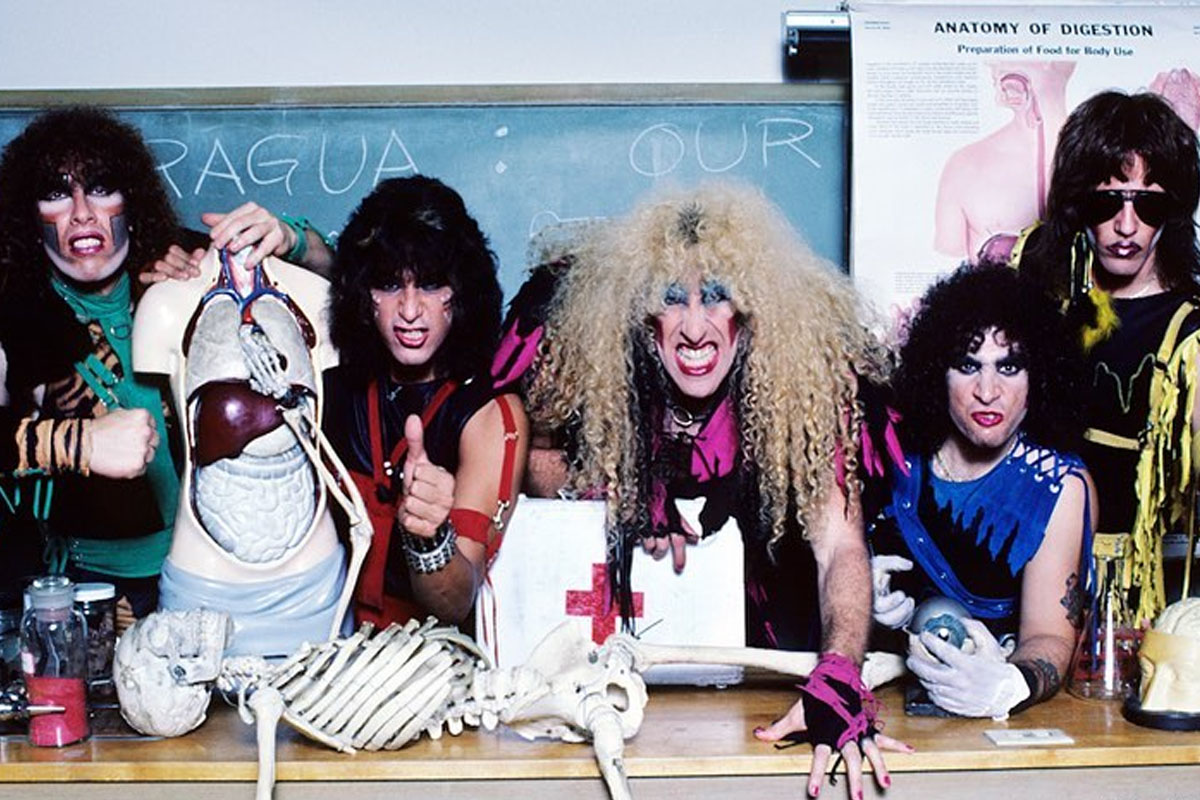Dee Snider, former Twisted Sister frontman, has shared insights about the band’s internal conflicts in a recent interview with Classic Rock. His revelations illuminate the turbulent period surrounding their breakthrough album ‘Stay Hungry’ and the band’s eventual dissolution.
“The videos [for ‘We’re Not Gonna Take It’ and ‘I Wanna Rock’] were extremely comedic, but their sheer popularity caused people to overlook how hard we rocked,” Snider explained. “Nobody got our work ethic because they were unaware of the history of how we had reached that point.”
“I was accused of controlling everything and, sure, it caused massive problems,” he continued. “The truth is that ‘Stay Hungry’ was a victory lap for Twisted Sister. We were already coming apart at the start of ‘Stay Hungry’ – the recording, photo sessions and touring.”
These revelations provide insight into the complex dynamics that shaped one of heavy metal’s most iconic bands during their commercial peak.
Commercial Success And Controversy

Data from Ultimate Classic Rock shows that ‘Stay Hungry’ emerged as Twisted Sister’s most successful album. The record achieved triple platinum status and produced two of MTV’s most popular music videos of the era.
The album’s success brought unexpected challenges. The Parents Music Resource Center (PMRC) placed ‘We’re Not Gonna Take It’ on their infamous ‘Filthy 15’ list of objectionable songs.
Band’s Early Journey

Twisted Sister built a strong reputation in the club circuit before their mainstream breakthrough. Music historians at rock music forums documented the band’s dedication through thousands of small venue performances before their national recognition.
This rigorous touring schedule demonstrated their commitment to their craft. However, it also contributed to the internal tensions that emerged during the ‘Stay Hungry’ era.
Legacy And Impact

Twisted Sister’s influence on heavy metal culture remains significant today. Their unique blend of theatrical presentation and hard-hitting music established a blueprint for future bands.
The ‘Stay Hungry’ period represented both their greatest commercial achievement and the start of their dissolution. This era stands as a defining moment in the band’s history.





